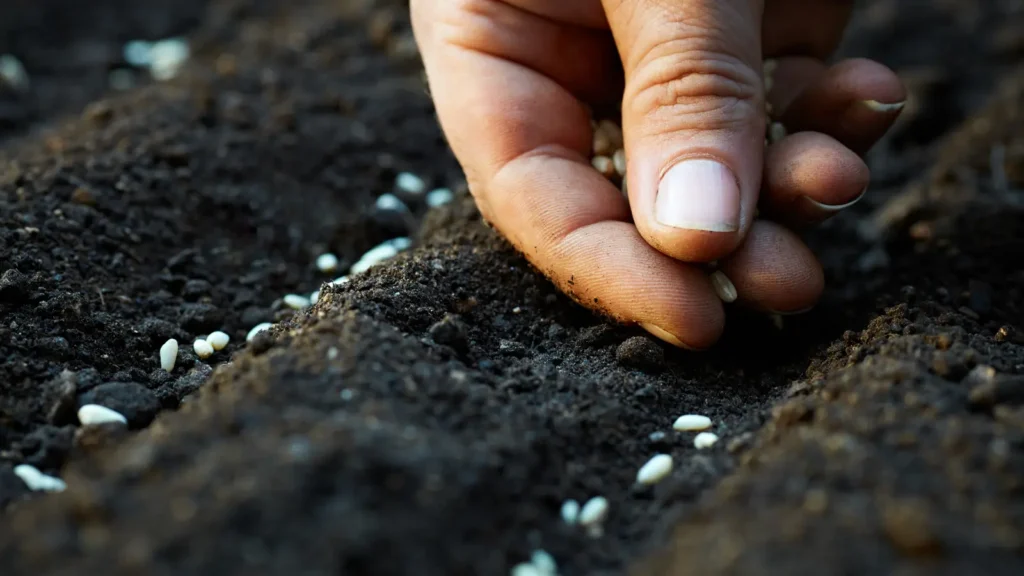Most of our food comes from seeds that have historically been considered a natural resource, thus not eligible for patents.123 GMOs played a crucial role in the application of restrictive patents to seeds — a change that has transformed the global seed supply. Learn more about GMOs and patents.
In the last 40 years, restrictive patents have helped the agrochemical industry establish a virtual monopoly over the global seed supply. Today, more than half of the world's seeds are controlled by just four multinational corporations.124
Corporations prioritize traits that increase profits, such as yield, uniformity or herbicide resistance, while other traits, such as taste, nutritional profile and resilience, are less attractive.125 Patented seeds are unavailable to other breeders or researchers, curtailing the development of new plant varieties.126

GMO seeds displace culturally valuable crop varieties, native seeds and landraces with unique traits, while traditional breeding efforts are undermined by GMO contamination of non-GMO crops and wild relatives, eroding a crucial genetic library necessary to adapt to a changing climate.127,128
GMOs also encourage reliance on multinational corporations and extended supply chains, creating a system that is easily disrupted by environmental disasters and armed conflicts.